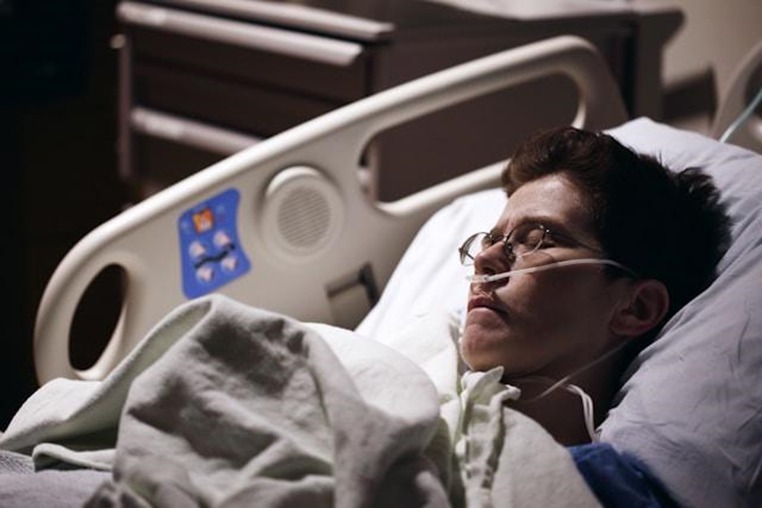Chemotherapy is widely used as the primary treatment for combating cancer. This method is generally employed to destroy cancer cells in the body and can also help manage the growth of these cells. Additionally, chemotherapy can alleviate symptoms associated with the disease.
Due to its potent effects, chemotherapy often causes side effects in patients. One effective way to manage these side effects is by maintaining regular communication with your cancer care team. Your doctor should know about each side effect, including its severity and how often it occurs, to provide you with the best support.
Changes in Body Image
Some individuals may experience weight fluctuations, decreased stamina, or skin reactions during treatment. While these side effects are usually temporary, they can affect self-esteem. Focusing on skin care, nutrition, exercise, and maintaining a positive attitude are beneficial ways to manage changes in body image. Find ways to express your feelings about these changes.
Cancer treatment can significantly impact your body and life, affecting self-esteem. Experiencing weight changes, reduced stamina, skin issues, or facial puffiness can be challenging, especially if you closely identify with your body image. Thankfully, most treatment side effects are temporary.
Begin by channeling your energy into what you can do for yourself. Taking care of your skin, diet, exercise routine, and mindset are effective strategies to handle shifts in body image. Additionally, expressing your emotions about these changes is vital. If you’re dealing with rarer forms of cancer such as mesothelioma, you can join mesothelioma support groups, or talk to a therapist to help you cope with these changes and boost your self-confidence.
Fatigue
Fatigue is an unusual and pervasive exhaustion that isn’t alleviated by rest. During cancer treatment, fatigue can stem from intensive therapies, medications, low levels of red blood cells, and side effects. Discover what steps you can take at home to manage it.
Feeling tired is a frequent issue for patients. Fatigue manifests as a persistent lack of energy and an excessive overall tiredness that isn’t resolved by sleeping. Various factors contribute to fatigue, including demanding treatments, medications, reduced red blood cell count, stress, poor nutrition, nausea, vomiting, mouth sores, changes in taste, heartburn, diarrhea, disruptions in normal sleep patterns, or feelings of depression. Finding effective ways to cope with fatigue often requires time and effort.
Concentration and Memory Problems
Memory and concentration changes are frequently experienced during treatment and are usually short-lived. Once treatment is over and you begin to feel better, these functions typically improve. These cognitive changes are generally temporary and will resolve after treatment and feeling better. Issues with memory and concentration can fluctuate daily, influenced by stress, pain, medication, menopause, aging, and fatigue. Since you may experience good and bad days, adopt consistent strategies to support you during challenging times.
Combat Mouth Sores Using Ice Chips
Chemotherapy medications can occasionally damage the healthy cells in the mouth lining, leading to small, often painful sores inside the mouth or on the lips. Although there’s no guaranteed method to prevent this, using ice chips during treatment might lower the risk.
A study from 2019 indicated that cancer patients who held ice chips in their mouths during specific chemotherapy sessions reported significantly fewer oral side effects afterward than those who did not use ice chips.
Endnote
Your healthcare provider can inform you about typical side effects related to your specific treatment plan. They can also assist you in creating a strategy to address any side effects if they occur.
Stay in touch to get more news & updates on Mystorieslist!
